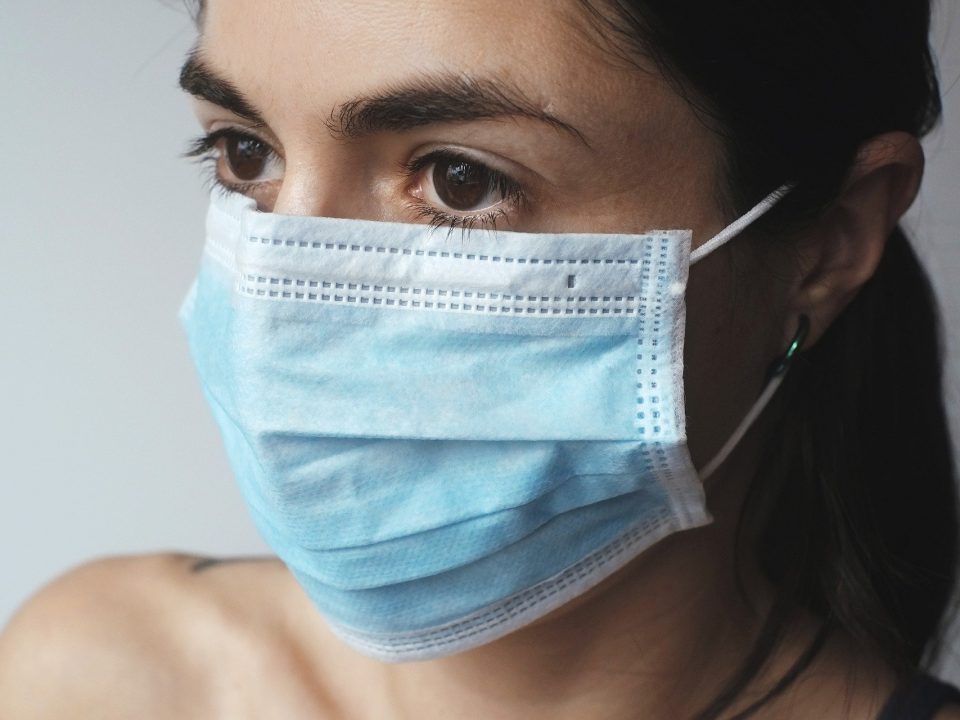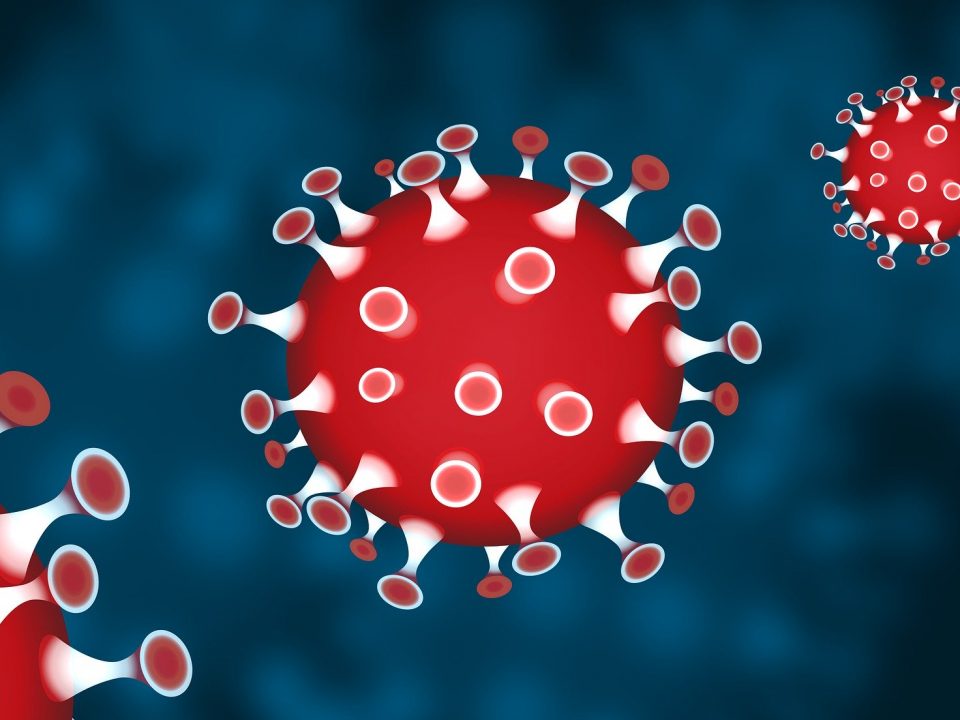New Anti-Smoking Rules Go Into Effect Jan. 1

The New Year is fast approaching. Have you made your resolution(s) yet? There are a lot of common resolutions that people opt for: some want to lose weight and/or get healthier, some want to start attending church, others resolve to spend more time with friends and family. Yet another frequently-heard resolution is to quit smoking. It’s news to nobody – not even smokers – that smoking is terrible for your health. Secondhand smoke is harmful to people around you, and especially to children. The city of Philadelphia will be cracking down on certain aspects of tobacco and smoking law starting the first day of January 2017. These actions are not meant to be punitive to smokers, but rather to keep cigarettes and secondhand smoke away from children.

Philadelphia will crack down on illegal tobacco sales, as well as the density of tobacco retailers.
CBS3 quoted Dr. Thomas Farley, Commissioner of the Philadelphia Department of Public Health: ““These new measures put Philadelphia out front as a leader in the effort to protect children from the harmful effects of tobacco products. This Administration is committed to making sure our kids don’t start smoking.”
From now on, no tobacco retailer permits will be allowed within 500 feet of any K-12 place of education. The cost to get one of these permits will also go up: a tobacco retailer permit fee will now be $300. The hike is intended to cover the costs associated with greater enforcement of monitoring illegal tobacco sales. Retailers will also face stricter penalties for selling smokes to underage customers: if caught selling to minors three times within two years, offending retailers will have their tobacco permits revoked for twelve months.
Another aspect of the law, which places density restrictions on the number of tobacco retailers in the city of Philadelphia, won’t take effect until February.
Also quoted by CBS3 was Dr. Cheryl Bettigole, Director of the health department Division of Chronic Disease Prevention: “These new regulations are aimed at protecting children in these neighborhoods from [tobacco] marketing.”



